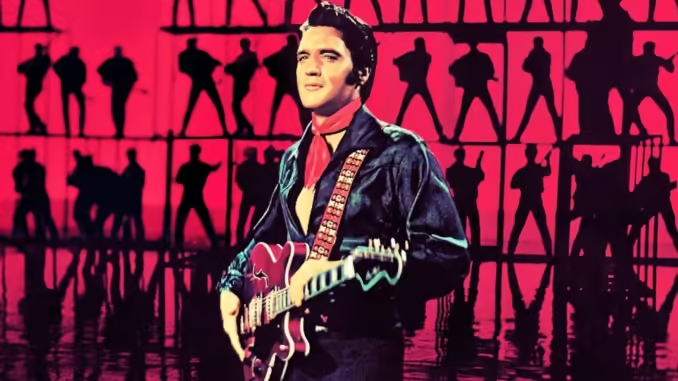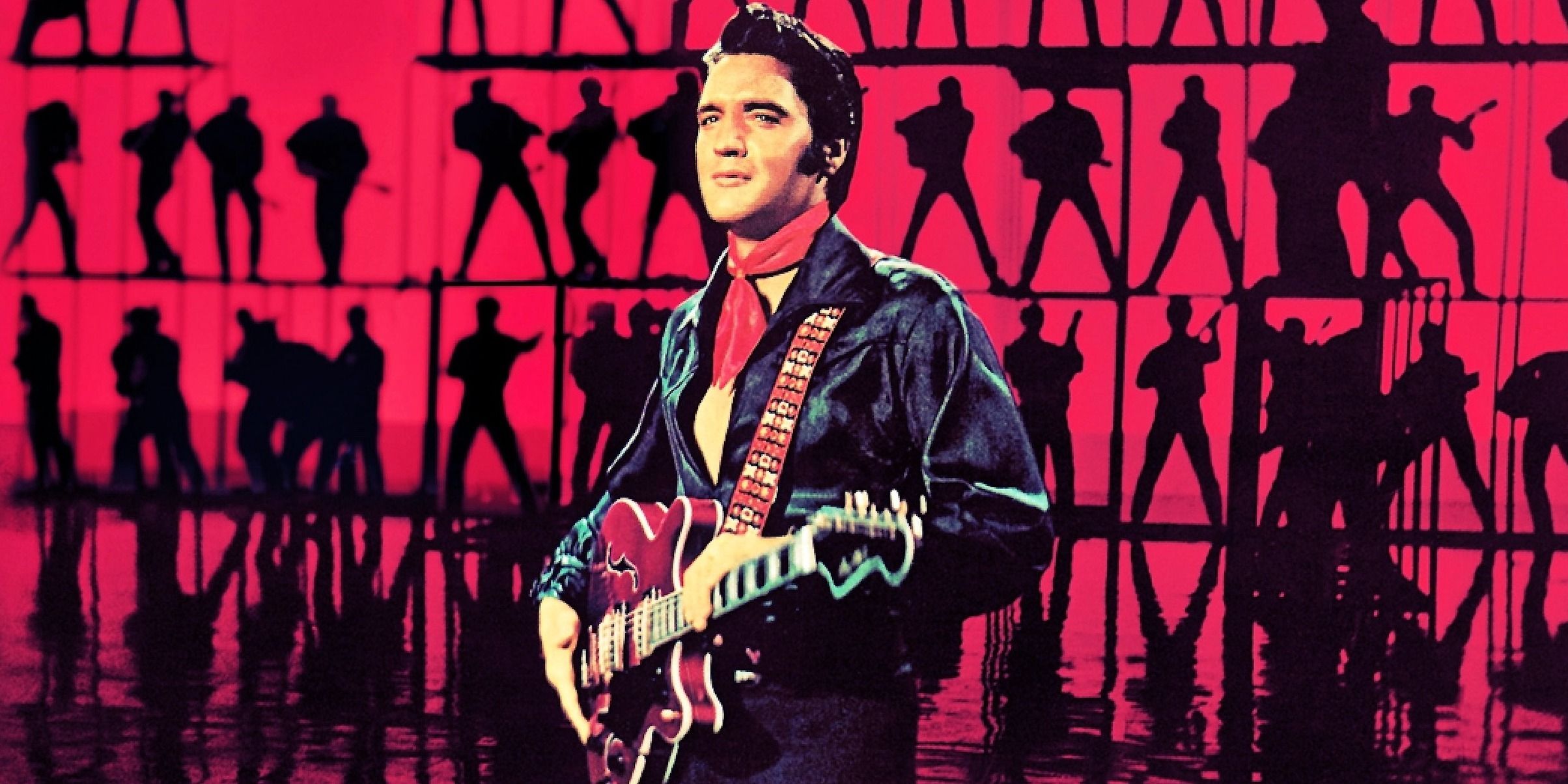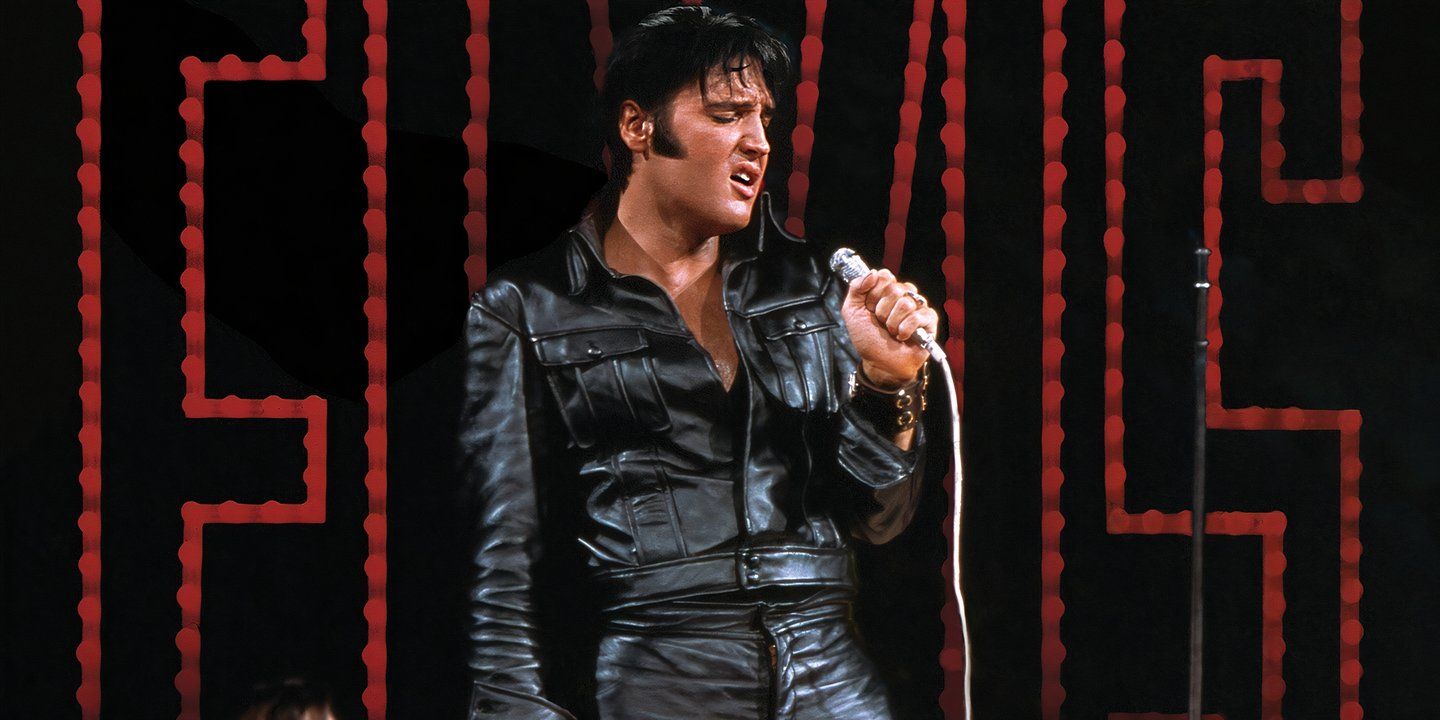

One surprising and poignant moment in Netflix’s documentary about Elvis Presley reveals the tragic irony of his career: his relentless pursuit of artistic freedom clashed with the very system that catapulted him to stardom. While Elvis is often celebrated for revolutionizing the music industry, this documentary uncovers a lesser-known aspect of his life—his internal struggle against the forces that shaped and ultimately constrained his career.
In a particularly revealing segment, the film delves into Elvis’s frustration with his film career in the 1960s. Despite his enormous popularity, he became increasingly disillusioned with the formulaic, low-quality movies orchestrated by his manager, Colonel Tom Parker. These films, though commercially successful, were a far cry from the more substantial acting opportunities Elvis had envisioned. At one point, the documentary recounts how Elvis expressed a deep desire to star in more serious, artistic projects, akin to those pursued by his idol, James Dean. However, Parker prioritized financial gain over artistic growth, trapping Elvis in a cycle of mediocrity that left him creatively unfulfilled.
The irony is striking: a man whose career was built on breaking barriers found himself boxed in by the expectations of an industry that valued profit over passion. The documentary highlights a pivotal moment during Elvis’s iconic 1968 “Comeback Special,” which marked his defiance of Parker’s control. This television event showcased a revitalized Elvis, passionately performing songs that reflected his authentic self. Yet, even this triumph was bittersweet, as his eventual return to live performances in Las Vegas signaled a compromise between his artistic aspirations and the financial demands of his career.

Leave a Reply